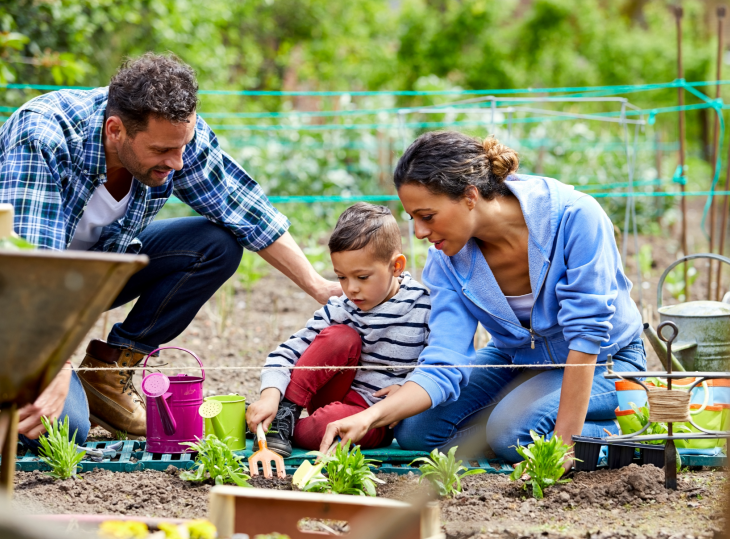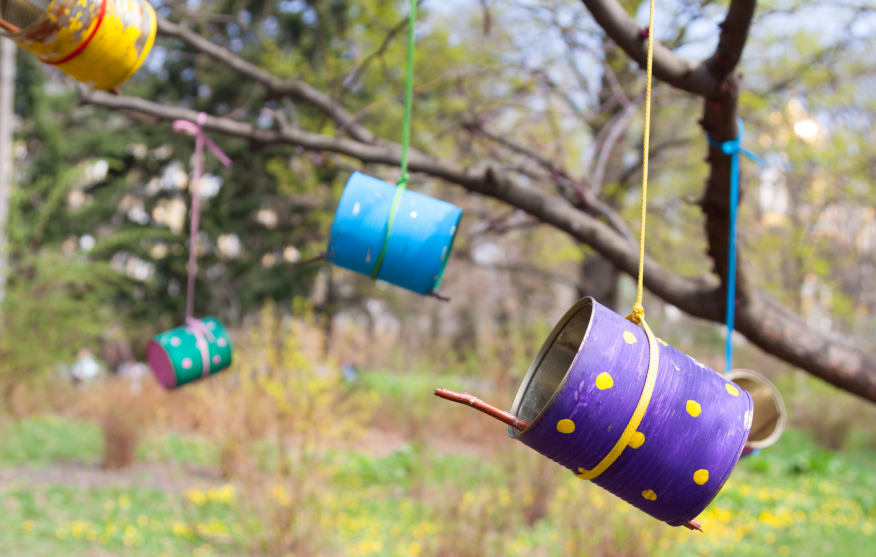Hands-on learning brings science to life for kids in a way that lectures and textbooks just can’t match. There’s something unique about seeing reactions happening right before your eyes. It’s an opportunity for them to become little scientists while having a lot of fun.
Getting started with simple nature experiments right in your own backyard can turn an ordinary day into an educational adventure. For instance, you can create a natural sundial using a stick and some rocks, or experiment with water by making a simple filtration system from materials found around the house.
Interactive play in nature engages kids physically and mentally, stimulating both curiosity and understanding. Imagine creating a scavenger hunt that leads them to find certain leaves or rocks. Not only does it teach them about different plant species but it also improves their observational skills.
Outdoor activities provide a fantastic way to encourage exploration. Consider setting up a nature walk with a theme like identifying animal tracks or collecting fallen seeds and pinecones. These activities can make kids more aware of their surroundings and nurture a sense of wonder about the natural world around them.

Garden-Based Discoveries: Cultivating Young Scientific Minds
Gardening with kids is much more than just digging in the dirt; it’s a hands-on lesson that can teach them about biology, responsibility, and patience. This activity combines fun with learning, as they see the results of their efforts sprouting to life.
Understanding plant life cycles becomes more tangible when children can observe the stages firsthand. Planting seeds and watching them grow offers insights into what plants need to thrive and how environmental factors affect development. It’s an ongoing experiment that evolves with the seasons.
Get creative with projects like building a mini herb garden in recycled containers. It’s a sustainable way to teach about resources and provides a sense of achievement when kids can use the herbs in a family meal. Another engaging project is a DIY terrarium, which creates a miniature ecosystem that fascinates and educates simultaneously.
Gardening activities are a perfect gateway to broader ecological concepts. From discussing photosynthesis to talking about the role of plants in our ecosystems, these projects encourage kids to ask questions and think critically about the world around them.

Wildlife Encounters: Learning from Our Animal Neighbors
Wildlife provides an endless source of fascination for young minds. Engaging with local fauna offers a unique perspective on how every creature plays a role in our ecosystem. Creating simple bird feeders at home is a practical way to observe birds up close, helping kids identify species and learn about feeding behaviors.
Observational activities at local parks or nature reserves open up opportunities for real-world learning. Bring along a field guide or an app to help spot different types of wildlife and understand their habitats. Not only does this nurture a respect for nature, but it also builds confidence in exploring unknown environments.
Bug safaris are a great way to introduce the often-overlooked world of insects. Equip kids with a magnifying glass and let them explore the garden or nearby park. Encourage them to take notes or draw the bugs they see, fostering an appreciation for the diversity of life even in small creatures.
Promoting respect and empathy towards animals is crucial in these interactions. Teach kids the importance of observing from a distance, leaving habitats undisturbed, and understanding that every animal has its place in the world, helping to build compassionate future stewards of our planet.

Skyward Adventures: Unveiling the Mysteries of the Universe
The night sky offers endless opportunities for sparking curiosity in kids. Stargazing is a simple yet profound way to introduce them to astronomy. Encouraging children to identify constellations and learn their stories connects them to the broader universe.
Building a basic telescope together can enhance this experience, offering a closer look at lunar surfaces or the rings of Saturn on a clear night. This project combines crafting skills with scientific exploration and can be a rewarding experience for the whole family.
Exploring our solar system through interactive apps and online resources brings distant planets and stars right into your living room. These tools make space science more accessible, and they often include interactive features that captivate and educate simultaneously.
Fostering a lifelong interest in astronomy through these activities nurtures a sense of wonder about the universe. Teaching kids about space travel, the Mars rovers, or even future missions helps them understand humanity’s role in exploring new frontiers.
